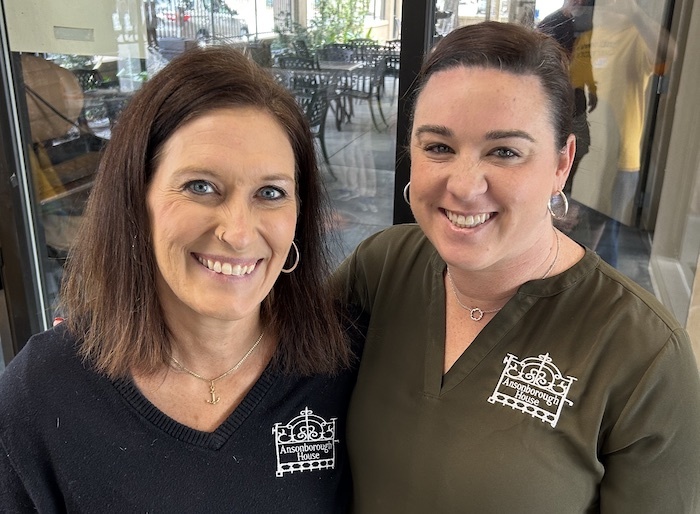In a world of abundance, it's easy to overlook the struggles faced by individuals and families with low incomes, especially when it comes to accessing fresh produce. The recent initiative organized by St. Johannes, in collaboration with Harris Teeter and a local farm, to coordinate a free Farmers' Market for senior residents of Ansonborough House in Charleston, sheds light on the challenges that many low-income individuals face in acquiring nutritious fruits and vegetables. In this blog post, we'll explore the importance of such initiatives and the difficulties low-income people encounter in accessing fresh produce, backed by statistics that reveal the severity of the problem.
The Farm-to-Table Experience
Semi-annually, St. Johannes, a faith-based organization in Charleston, coordinates a heartwarming event—a free Farmers' Market for the residents of Ansonborough House, a nearby low-income housing complex located at 71 Society Street, Charleston, SC. This initiative is a testament to the power of community, bringing together members of the Outreach Team, Harris Teeter, a local farm, and the grateful residents of Ansonborough House.
"Smart partnerships with other businesses and non-profits," as described by Pastor Aaron DeBenedetto, play a vital role in making this initiative a reality. The Farmers' Market provides residents with the opportunity to enjoy fresh, healthy produce that might otherwise be financially out of reach.
The Farmers' Market Experience
The Farmers' Market event isn't just about distributing food; it's about creating a genuine farmers' market experience. Decorative pumpkins, lovingly designed by elementary school students, adorn the scene, and tea and lemonade with cookies add to the festive atmosphere. The effort and care put into this event clearly demonstrate the dedication of those involved: Kay Winnett, Mary Lou Waitschies, Tom and Joyce Pinckney, Pedro Rivas, and Pastor Aaron DeBenedetto.
The Impact on Low-Income Residents
The significance of this initiative becomes apparent when we consider the impact it has on the residents of Ansonborough House. The staff at Ansonborough House expressed their deep appreciation for what St. Johannes and its partners do, emphasizing that residents eagerly anticipate each Farmers' Market announcement.
This sentiment is shared by the residents, as over 45 of them were served fresh produce during the recent event. For those living on limited incomes, this Farmers' Market provides an opportunity to enjoy nutritious food that might otherwise be financially unattainable. The smiles on their faces, the sense of community, and the joy derived from fresh, healthy food are invaluable.
Statistics Reveal the Struggle
While heartwarming stories like the one involving St. Johannes offer hope and inspiration, the difficulties low-income individuals face in acquiring fresh produce are a pervasive issue across the United States. According to the United States Department of Agriculture (USDA):
-
Food Insecurity: In 2020, approximately 9.7% of American households were food insecure at some point, meaning they didn't have consistent access to enough food for an active, healthy life.
-
Produce Consumption: Low-income individuals are less likely to consume the recommended amount of fruits and vegetables. This lack of access to fresh produce has significant health implications.
-
Limited Access to Grocery Stores: Low-income neighborhoods are more likely to lack access to full-service grocery stores with fresh produce, making it challenging for residents to buy healthy foods.
Conclusion
The Farmers' Market, organized by St. Johannes, highlights the power of community action in addressing the shortage of healthy foods. While initiatives like this make a meaningful difference, the statistics reveal the larger systemic issues at play. Addressing these challenges is crucial, not just for the health and well-being of low-income residents but also for the overall health of our communities. It's a reminder that community efforts can bridge the gap and provide fresh, nutritious food to those who need it most, one step at a time. Praise be to God!











